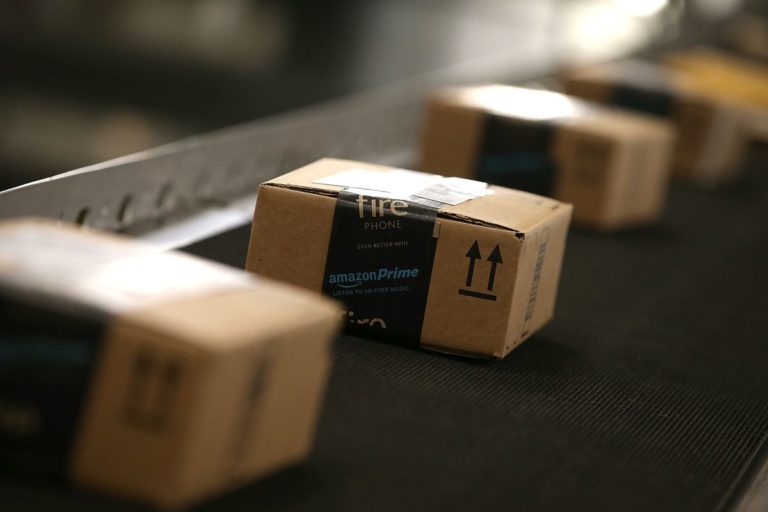Do businesses have to collect sales tax on purchases made on the internet? The answer right now is: It depends. But a Supreme Court case being heard Tuesday could change that. Some questions and answers about the issue and the case:
Q: Who charges sales tax online right now?:
A: Large retailers such as Apple, Macy’s, Target and Walmart, which have brick-and-mortar stores nationwide, generally collect sales tax from their customers who buy from them online. But other online sellers can often sidestep charging sales tax. If a business is shipping to a state where it doesn’t have an office, warehouse or other so-called physical presence, it doesn’t have to collect the state’s sales tax.
Q: Where does the physical presence rule come from?
A: The rule is the result of two decades-old Supreme Court cases. The court first adopted its physical presence rule on sales tax collection in a 1967 case dealing with a catalog retailer. At the time, the court was concerned in part about the burden collecting sales tax would place on the catalog company. The court reaffirmed the rule in 1992.
Q: What are examples of online retailers that don’t collect sales tax nationwide?
A: Jewelry website Blue Nile, pet products site Chewy.com, clothing retailer L.L. Bean, electronics retailer Newegg, internet retailer Overstock.com and home furnishings site Wayfair are among the sites that don’t collect sales tax nationwide. Sellers on eBay and Etsy, which provide platforms for smaller sellers, also don’t collect tax nationwide. Amazon.com has since 2017 collected sales tax in every state that imposes one, but third-party sellers who sell goods on the site don’t have to.
Q: How does this affect states?
A: States say they’re losing out on billions of dollars in tax revenue each year because of the Supreme Court’s physical presence rule. States generally require residents who weren’t charged sales tax on a purchase to pay it themselves, often through self-reporting on their income tax returns. But states have found that few people comply. States say their losses mean cuts to critical government programs and that those losses compound as online shopping grows. More than 40 states are asking the Supreme Court to get rid of the physical presence rule.
Q: What is the case for businesses that don’t currently collect sales taxes nationwide?
A: Sellers who defend the current rule say collecting sales tax nationwide would be costly and extraordinarily complex, especially for small sellers. Tax rates and rules vary not only by state but also by city and county. Taxes can even vary within a zip code.
Sellers who want the court to keep the current rule say free or inexpensive software touted as a cure for the challenges of tax collection isn’t accurate. They say more sophisticated software is expensive and collecting taxes nationwide would also subject them to potentially costly audits.
Q: Why is the Supreme Court taking up this issue now?
A: South Dakota passed a law in 2016 designed to challenge the Supreme Court’s physical presence rule. The law requires out-of-state sellers who do more than $100,000 of business in the state or more than 200 transactions annually with state residents to collect and turn over sales tax to the state. It’s South Dakota’s law that’s now at the center of the case at the Supreme Court.
(AP)












One Response
The change would be good for small “bricks and motar” stores that lack a web presence (e.g. many frum stores), but would be bad news for large stores based in New York that sell nationally (including many frum owned stores).